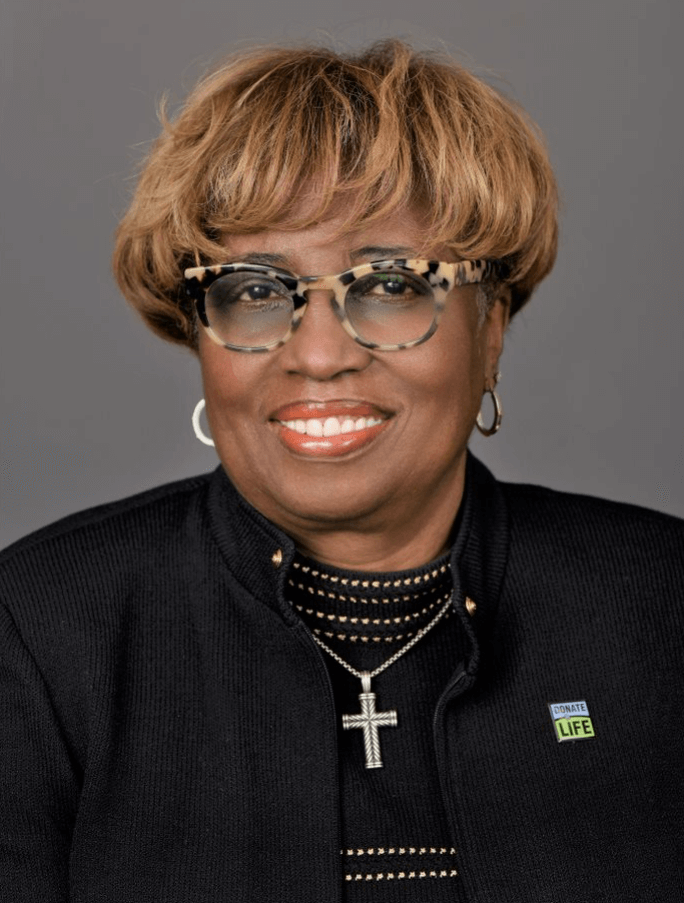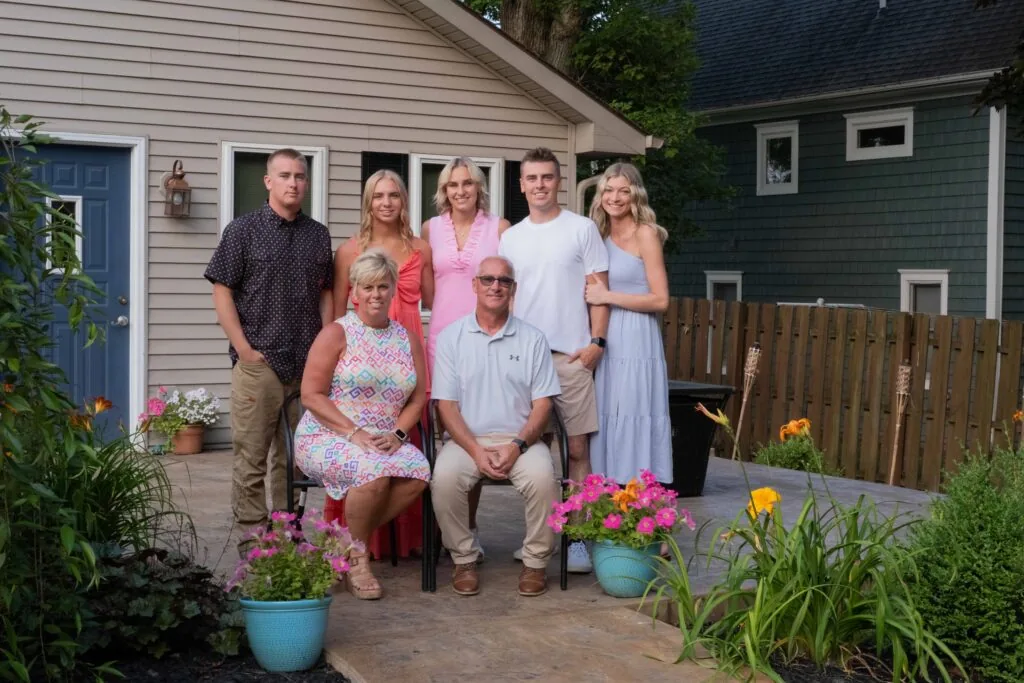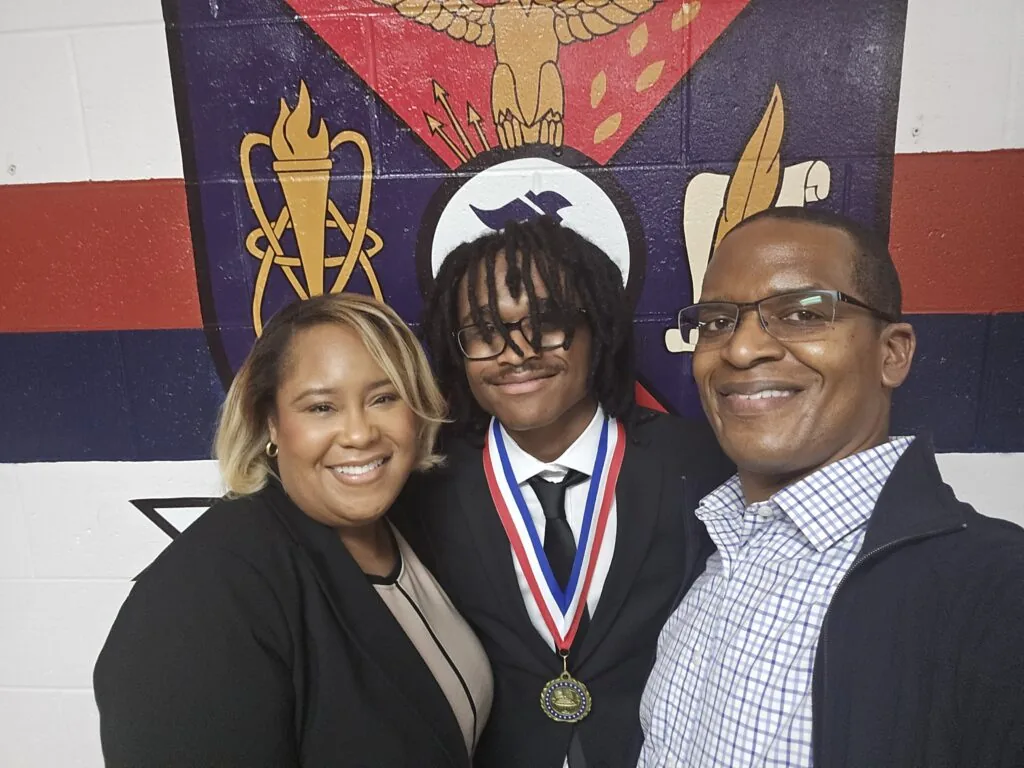MOTTEP and Gift of Life Michigan balance disparities with outreach and information
Dr. Jewel Mullen, the associate dean for health equity at the University of Texas at Austin Dell Medical School, published an opinion piece about how the organ transplant system fails people of color and provides a road map for improvement.
In it, she talks about the disparities in health care that have negatively affected people of minority racial and ethnic backgrounds – inequities that are also evident in the organ transplant system. It’s an important reminder as we reflect on the many contributions of African Americans to our society. It’s an ongoing conversation.
This is a conversation that, as a healthcare professional and program director for the Minority Organ Tissue Transplant Education Program (MOTTEP), I have been involved in for 25 years. The conversation, however, of health equity and health justice is not a new one but one that has been elevated with the isolation of a pandemic, and the inspiration to address issues of diversity, equity, inclusion, and belonging. It is a conversation and a commitment that Gift of Life Michigan has been involved in since its partnership with National MOTTEP over 27 years ago. The social determinants that impact the quality of health in minority communities have been well documented by numerous studies, as has the success of the MOTTEP model, by Dr. Clive Callender.
Studies have shown that people of color are more likely to experience health problems such as diabetes, obesity and hypertension. Left untreated, they all can lead to organ failure and the need for a life-saving transplant.
At the same time, people of color are less likely to sign up as organ and tissue donors. There are well-documented reasons for this. Here are the top three:
- A general distrust of the health care system.
- The belief that doctors will not work as hard to save patients who are registered donors.
- A belief or worry that their religion doesn’t support donation.
At Gift of Life Michigan and MOTTEP, we’ve taken steps to alleviate those concerns and correct those misconceptions. We are committed to equality for all, inside our organization and throughout the many diverse communities we serve. One of the best ways to reduce those inequities in the transplant system is to encourage more people of color to sign up as donors.
In the past year, we have hired two additional people to provide education in schools and churches and expanded our Spanish-speaking staff to expand our reach to and foster dialogue with Spanish-speaking communities. Our partnership with the Detroit MOTTEP Foundation continues to highlight the need for diversity in organ and tissue donors through events like the annual LIFEWalk/Run event on Belle Isle.
The Matter of Faith video on the Gift of Life YouTube channel addresses the myth that major religions do not support organ and tissue donation. With more than 2,200 views, it is among our most popular.
We continue to reach out directly to minority communities through many dedicated outreach programs, as well. Let’s Talk, initiated in 2017, started as focus groups within those communities in which people of color shared their stories to inspire their peers, break down myths and misconceptions and encourage them to add their names to the Michigan Organ Donor Registry.
We believe the most effective advocacy will come from within minority communities by people that represent and understand the culture.
We also need, as Dr. Mullen suggests, to “improve the opportunity for all people to access care along the transplant pathway, starting with receiving high-quality primary care and proceeding through the entire journey, including after transplantation.”
At Gift of Life Michigan, this kind of inclusion and outreach is a vital part of our mission to honor life through donation.
Rev. Dr. Remonia A. Chapman is Gift of Life Michigan’s director of community relations and family support. She is also program director of Gift of Life Minority Organ Tissue Transplant Education Program (MOTTEP) and Executive Director of the Detroit MOTTEP Foundation. Dr. Chapman is the past president of the Association for Multicultural Affairs in Transplantation (AMAT).
Under Chapman’s leadership, Gift of Life MOTTEP and the Detroit MOTTEP Foundation have received many national awards for increasing organ awareness and donation rates in Michigan. During Chapman’s tenure with the organization, National MOTTEP has honored Gift of Life MOTTEP as a model program because of its community collaborations, partnerships, and community empowerment.








